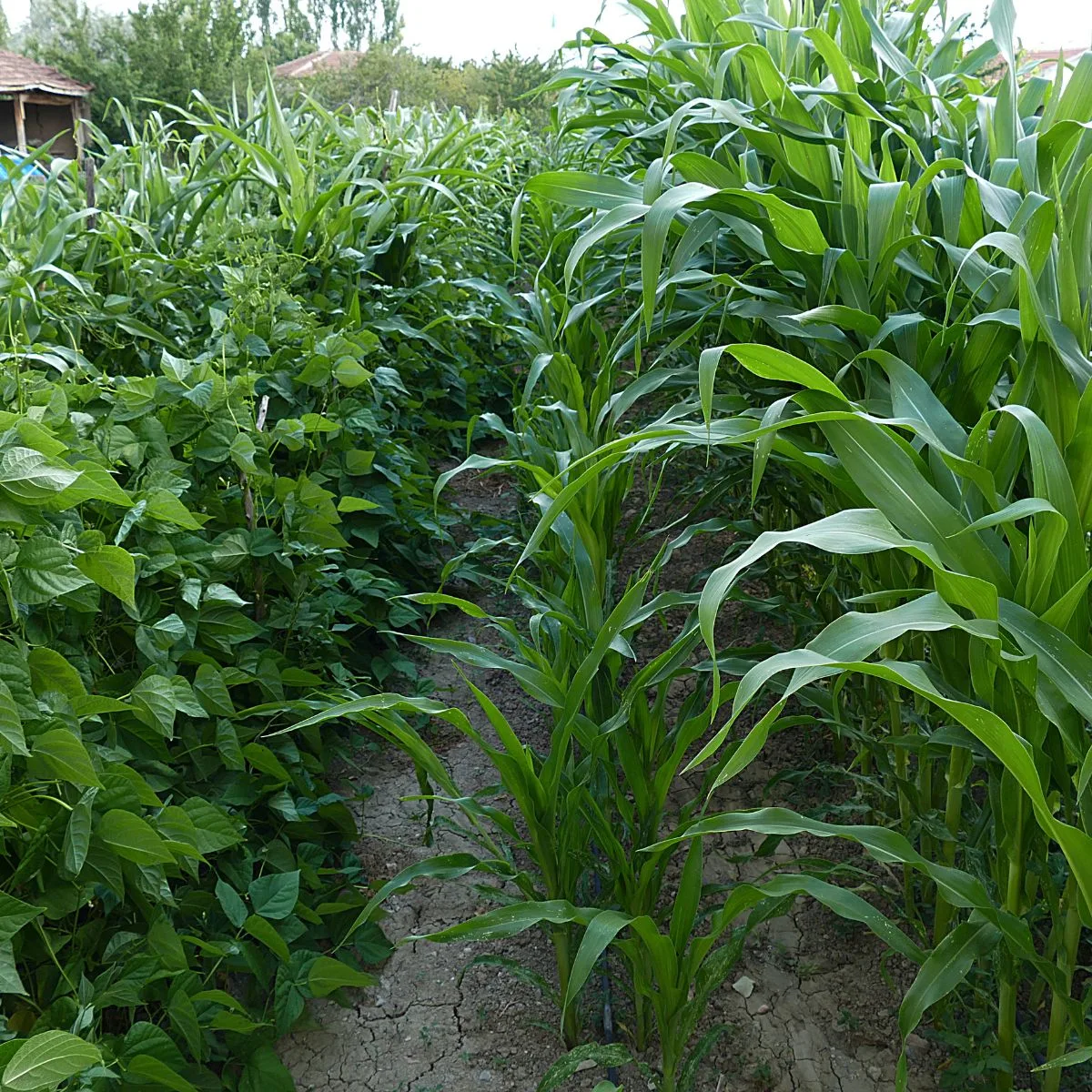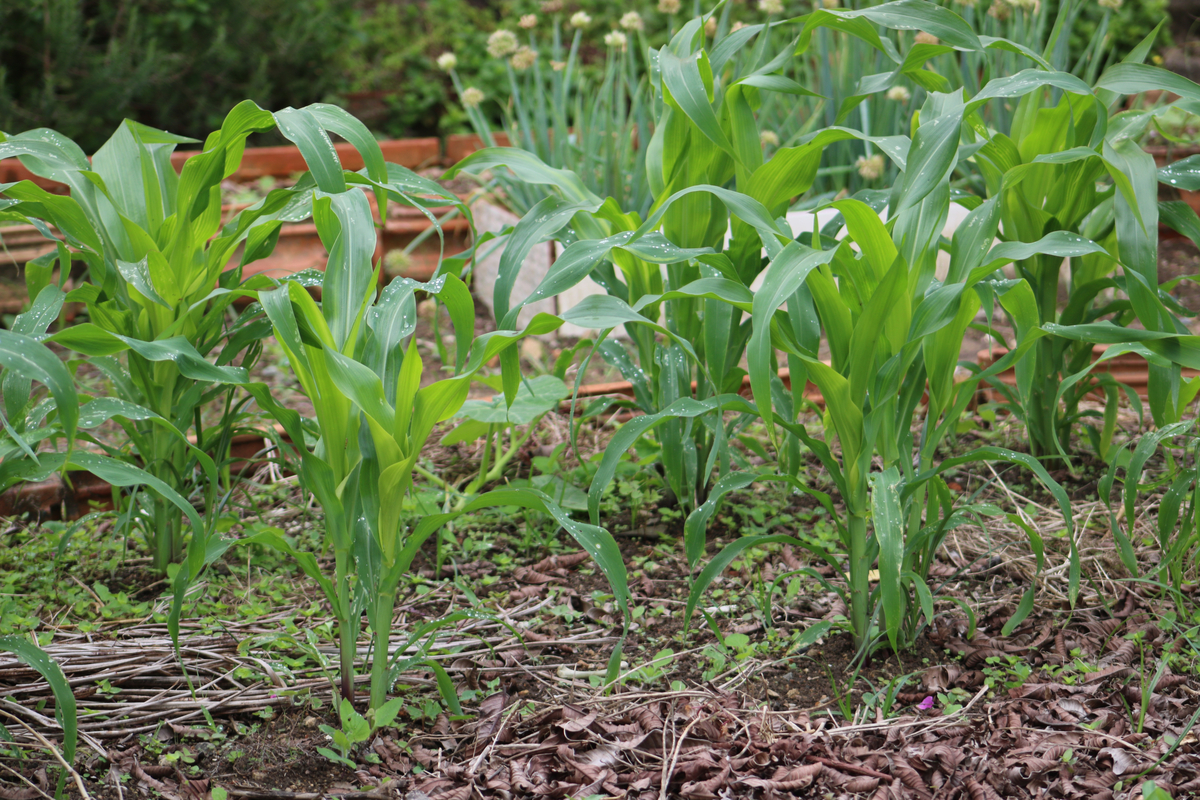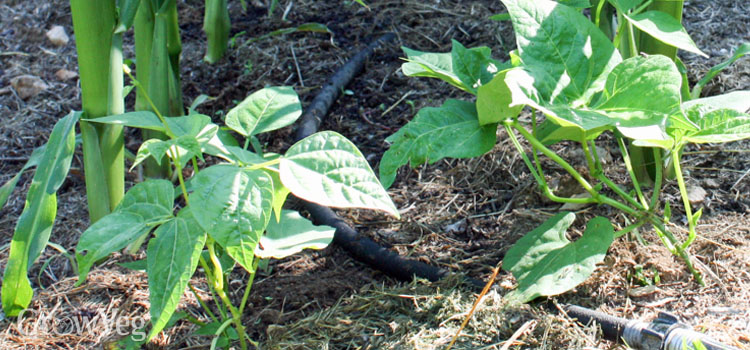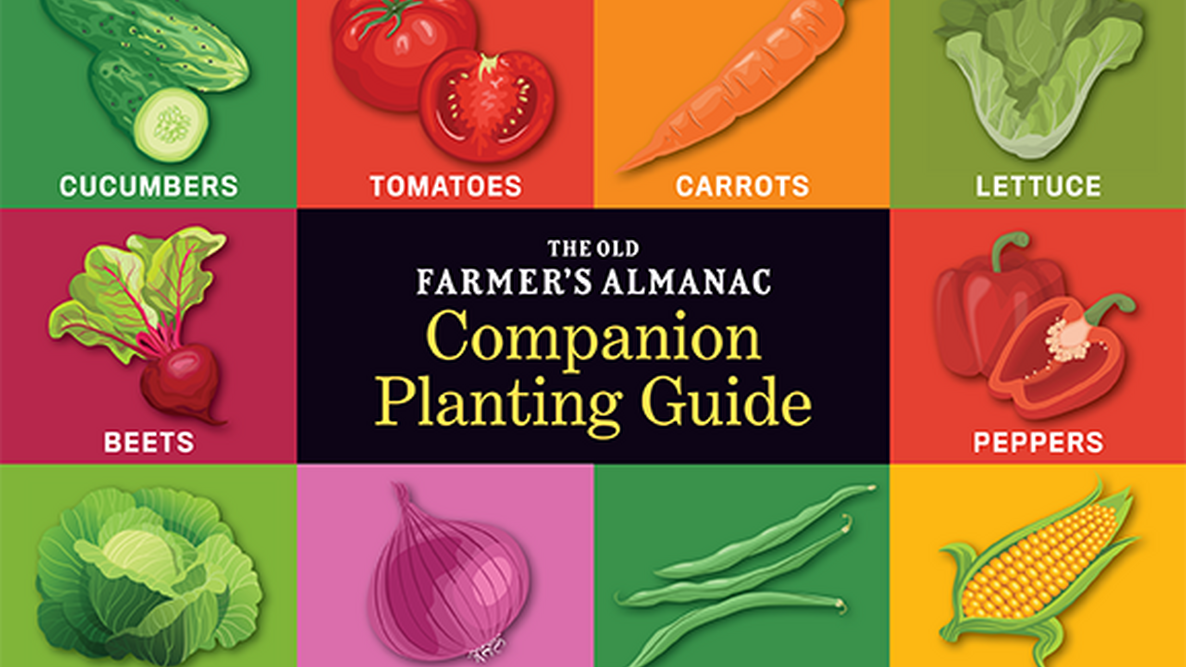The Ultimate Guide To Companion Crops For Corn
The Ultimate Guide to Companion Crops for Corn
Corn is a delicious and versatile crop that can be enjoyed in many different ways. But did you know that there are certain companion crops that can help corn grow better and healthier?
In this blog post, we will discuss the benefits of companion planting with corn, and provide a list of the best companion crops to plant alongside your corn. We will also discuss what to avoid planting near corn, and how to properly plant companion crops.
Benefits of Companion Planting with Corn
There are many benefits to companion planting with corn. Some of the most important benefits include:
- Improved pollination: Companion plants can attract beneficial insects, such as bees and butterflies, which help to pollinate corn. This can lead to a larger and healthier harvest.
- Reduced pest pressure: Some companion plants can repel pests that are common to corn, such as corn earworms and aphids. This can help to keep your corn plants healthy and free of pests.
- Improved soil health: Companion plants can help to improve the soil health around your corn plants. This can lead to better water retention, increased nutrient availability, and reduced weed pressure.
Best Companion Crops for Corn
There are many different companion crops that can be planted alongside corn. Some of the best companion crops for corn include:
- Pole beans: Pole beans are a great companion crop for corn because they fix nitrogen in the soil. This nitrogen benefits the corn plants, and it also helps to reduce the need for fertilizer.
- Peas: Peas are another nitrogen-fixing crop that is a good companion for corn. They also help to suppress weeds, and they can be used as a living trellis for pole beans.
- Squash: Squash is a good companion crop for corn because it helps to suppress weeds and improve soil health. Squash also provides shade for the corn plants, which can help to protect them from pests.
- Marigolds: Marigolds are a popular companion crop for many different vegetables, including corn. They help to repel pests, and they also attract beneficial insects.
- Dill: Dill is a good companion crop for corn because it helps to improve pollination. It also has a strong scent that can help to repel pests.
- Basil: Basil is a flavorful herb that is a good companion crop for corn. It helps to repel pests, and it also improves the flavor of corn.
What to Avoid Planting Near Corn
There are a few crops that should be avoided planting near corn. These include:
- Brassicas: Brassicas, such as broccoli, cabbage, and kale, should be avoided planting near corn. They compete with corn for sunlight, and they can also attract pests.
- Tomatoes: Tomatoes should also be avoided planting near corn. They attract the same pests as corn, and they can also compete for water and nutrients.
How to Plant Companion Crops with Corn
When planting companion crops with corn, it is important to consider the spacing requirements of each crop. Corn needs plenty of space to grow, so companion crops should be planted at least 18 inches away from the corn plants.
It is also important to plant companion crops at the same time as the corn plants. This will help to ensure that they all get off to a good start.
Conclusion
Companion planting is a great way to improve the health and productivity of your corn crop. By planting the right companion crops, you can attract beneficial insects, repel pests, improve soil health, and reduce the need for fertilizer.
So next time you are planting corn, be sure to consider planting some companion crops alongside it. You will be glad you did!
Corn is a delicious and versatile vegetable that can be enjoyed in many different ways. But did you know that there are certain companion crops that can help to improve the growth and productivity of your corn plants?
Companion planting is a gardening technique that involves planting certain plants together to benefit each other. For example, corn can benefit from being planted near beans, as the beans will help to fix nitrogen in the soil, which is essential for corn growth.
There are many other companion crops that can benefit corn, including squash, potatoes, sunflowers, and dill. These plants can help to attract beneficial insects, deter pests, and improve the overall health of your corn plants.
If you're interested in learning more about companion planting for corn, I recommend visiting the website Gardenia Inspiration. This website has a wealth of information on the topic, including a list of the best companion crops for corn, as well as tips on how to plant them together.
So what are you waiting for? Start planning your corn garden today and see how companion planting can help you to grow the best corn ever!
FAQ of companion crops for corn
Q: What are companion crops?
A: Companion crops are plants that are grown together in a way that benefits both plants. They can help to deter pests, attract beneficial insects, improve soil health, and increase yields.
Q: What are some good companion crops for corn?
A: Some good companion crops for corn include:
- Borage: Borage attracts beneficial insects, such as ladybugs and hoverflies, which help to control pests. It also helps to improve soil fertility.
- Cucumbers: Cucumbers help to suppress weeds and attract pollinators. They also have similar water and nutrient requirements as corn, so they can be grown together without competing for resources.

- Dill: Dill attracts pollinators and helps to repel pests, such as spider mites and aphids. It also helps to improve soil aeration.

- Marigolds: Marigolds help to repel pests, such as nematodes and rootworms. They also help to improve soil drainage.

- Pole beans: Pole beans help to provide shade for corn, which can help to protect it from pests and diseases. They also fix nitrogen in the soil, which benefits corn.

Q: How do I plant companion crops with corn?
A: When planting companion crops with corn, it is important to consider the spacing requirements of both plants. Corn needs plenty of space to grow, so you will need to plant companion crops that have similar spacing requirements. You should also plant companion crops that will not compete with corn for water and nutrients.
Q: What are the benefits of companion planting with corn?
A: There are many benefits to companion planting with corn, including:
- Increased yields: Companion crops can help to increase corn yields by attracting pollinators, suppressing weeds, and improving soil health.
- Reduced pest pressure: Companion crops can help to reduce pest pressure by attracting beneficial insects and repelling pests.
- Improved soil health: Companion crops can help to improve soil health by fixing nitrogen, breaking down organic matter, and suppressing weeds.
Q: What are some common mistakes people make when companion planting with corn?
A: Some common mistakes people make when companion planting with corn include:
- Planting the wrong companion crops: It is important to plant companion crops that have similar spacing requirements and that will not compete with corn for water and nutrients.
- Not planting companion crops close enough together: Companion crops need to be planted close enough together so that they can benefit each other.
- Not watering companion crops properly: Companion crops need to be watered properly, just like corn.
Image of companion crops for corn
5 different images of companion crops for corn from Pinterest:
- Beans: Beans fix nitrogen in the soil, which benefits corn. They also help to suppress weeds.

- Cucumbers: Cucumbers help to repel pests from corn. They also benefit from the shade of corn plants.

- Marigolds: Marigolds help to repel pests from corn, such as corn borers and rootworms.

- Peas: Peas fix nitrogen in the soil, which benefits corn. They also help to suppress weeds.

- Spinach: Spinach helps to suppress weeds and improve the soil quality. It also benefits from the shade of corn plants.

Post a Comment for "The Ultimate Guide To Companion Crops For Corn"